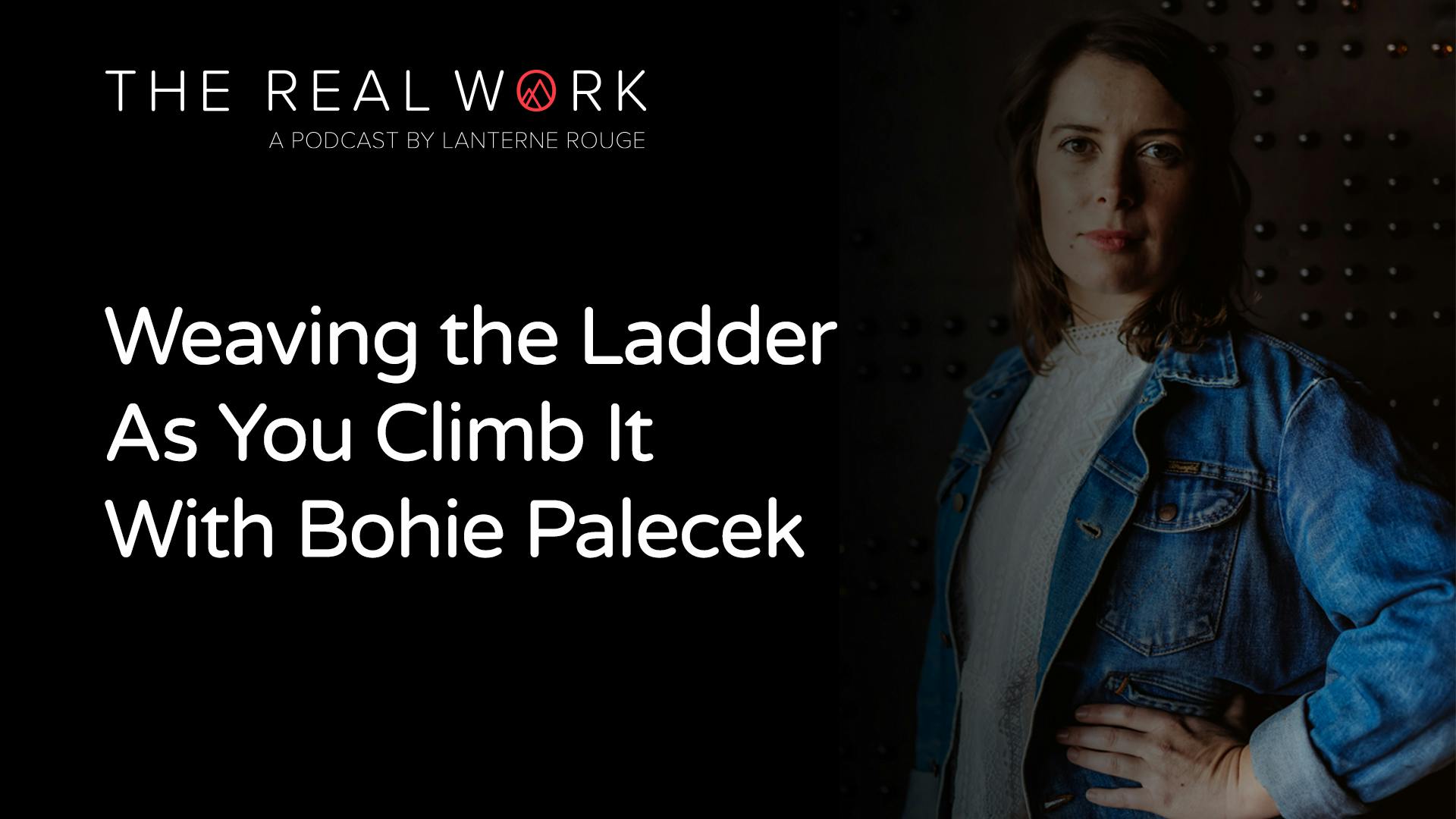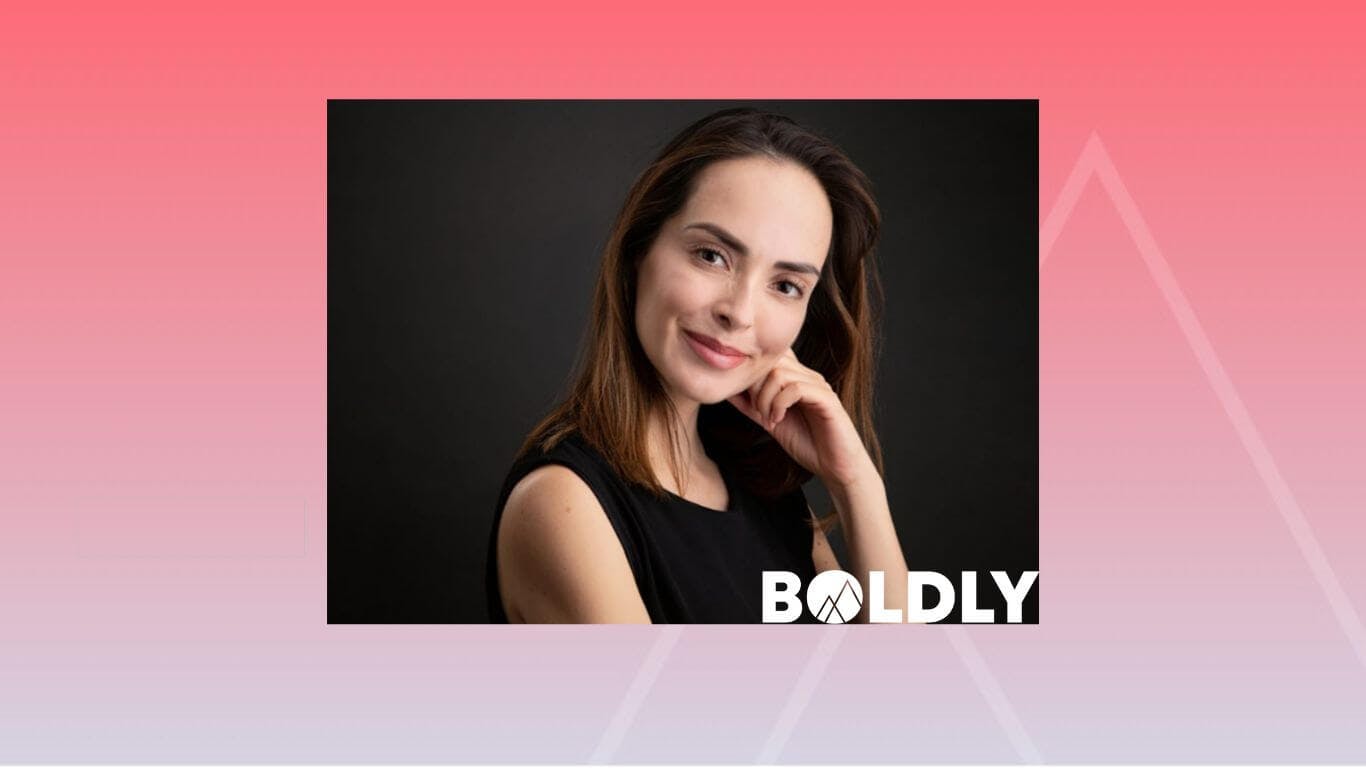How to Transform Your Career Goals into Your Lifestyle
Posted by Han Sam Lai
It is the start of 2023 and everyone is talking about setting career goals and lifestyle directions for the new year. What about you? What career goals are you setting? Often we can see our lifestyle habits reflected in our career goals, so it’s worth exploring!
Start with lifestyle. Say you want to lose weight and set a goal weight that you want to achieve. You plan what to do and start executing all the actions that you need to do to reach the goal. That includes changing your eating habits, having an exercise schedule, and even making sure that you drink enough water or transforming your sleep habits. You follow these actions religiously and finally, you hit your target goal. Then what?
Technically you have achieved your lifestyle goal of losing weight and you can tick the box. In many instances though, we go back to our old habits and lose the benefits of achieving such a goal. However, when we achieve a goal, this should be just the beginning of something new. When you turn your goals into a lifestyle, it becomes part of your way of being, your habits, and perhaps even part of your identity! The same should be considered for our careers - when we achieve a new professional milestone, it should just be the beginning of our next challenge!
In his best-selling book, “Atomic Habits”, James Clear offers that, instead of just creating goals that focus on outcomes, one should also consider the possibility of moving inwards towards creating habits and systems and then finally making them part of your identity.
This means that the focus of our lifestyle and career goals is no longer on the outcomes - it’s not about the promotion or the salary or title, for instance. The secret is to make the approach towards your career goal part of your identity and then create the habits and systems that will support that identity.
For example, instead of saying “I will lose 10kg this year”, you can say “I am a person who makes my health and fitness a priority.” In the second instance, there is no end point, and it’s anchored in your beliefs and values. It becomes who you are as a person. Once you “make your health and fitness a priority”, then you’ll find you’re better positioned to create habits and systems that will support that identity of your being a healthy and fit person. It could be waking up at 5.30am to meditate, making sure you drink at least 8 cups of water a day and to avoid red meat during mealtimes.
These longer term goals are special actions or things that you do as a matter of habit ongoing. They are part of your lifestyle and part of who you are as a healthy and fit person. They are not boxes that you tick, they are how you live your life. The benefits of seeing it as a lifestyle change rather than just an annual goal is that the work is ongoing and thus, becoming a healthy and fit individual is no longer just a number. This means that the changes and benefits are ongoing and for the long term.
Imagine taking this approach through all areas of your life.
“I am a parent that makes time for my child.”
“I am a team player that takes pride in doing the best I can for the client.”
“I am a writer and I write regularly about what I am passionate about.”
“I am an artist who generates content that others could resonate with.
“I value my mental health and meditate daily to keep myself sharp and calm.”
Considering this approach in light of your career means you focus on the themes that are important to you and explore WHY your achievements are relevant. If you can anchor your career goals to higher order aspects of your personality and values, the outcomes for your career will take care of themselves. Your life will transform in ways that you cannot imagine as the ways of being, become who you are and what you stand for. There will be no limits of what you can do and what you can become. So don’t let your goals setting be limited to just a number. Make this process transform you instead!
connect@boldly.app




